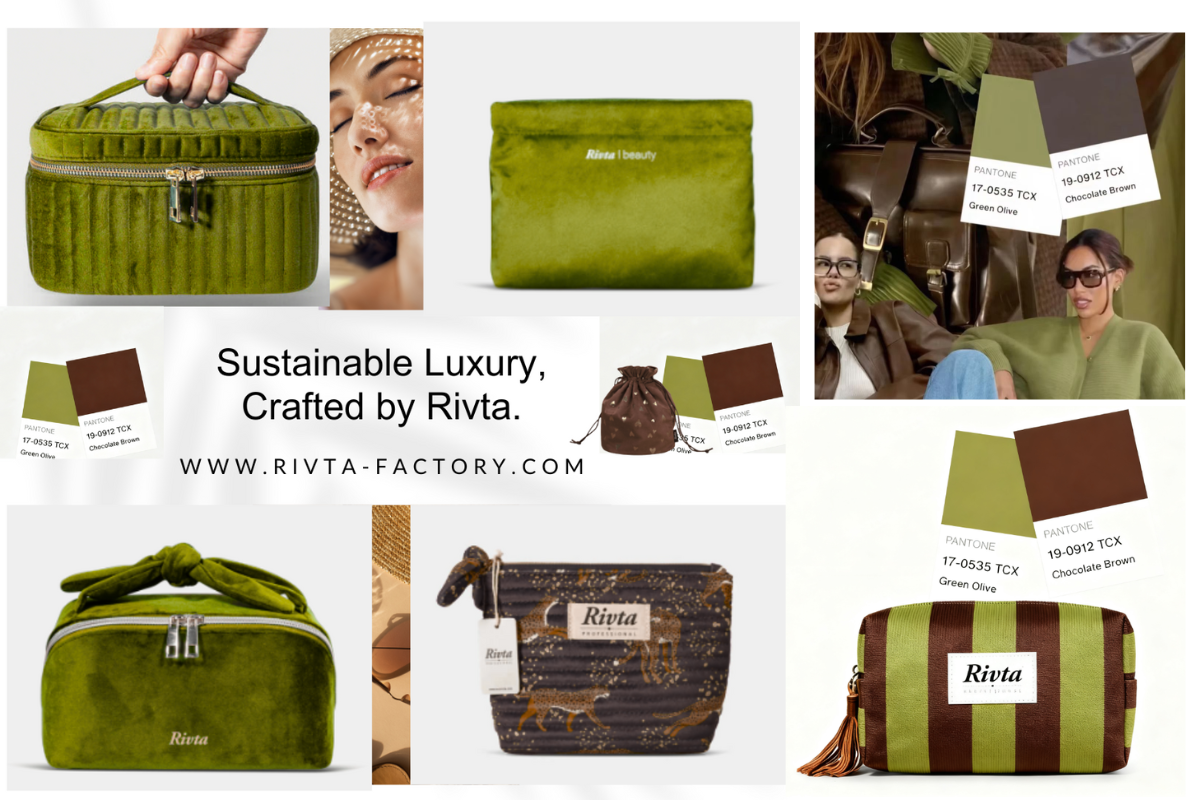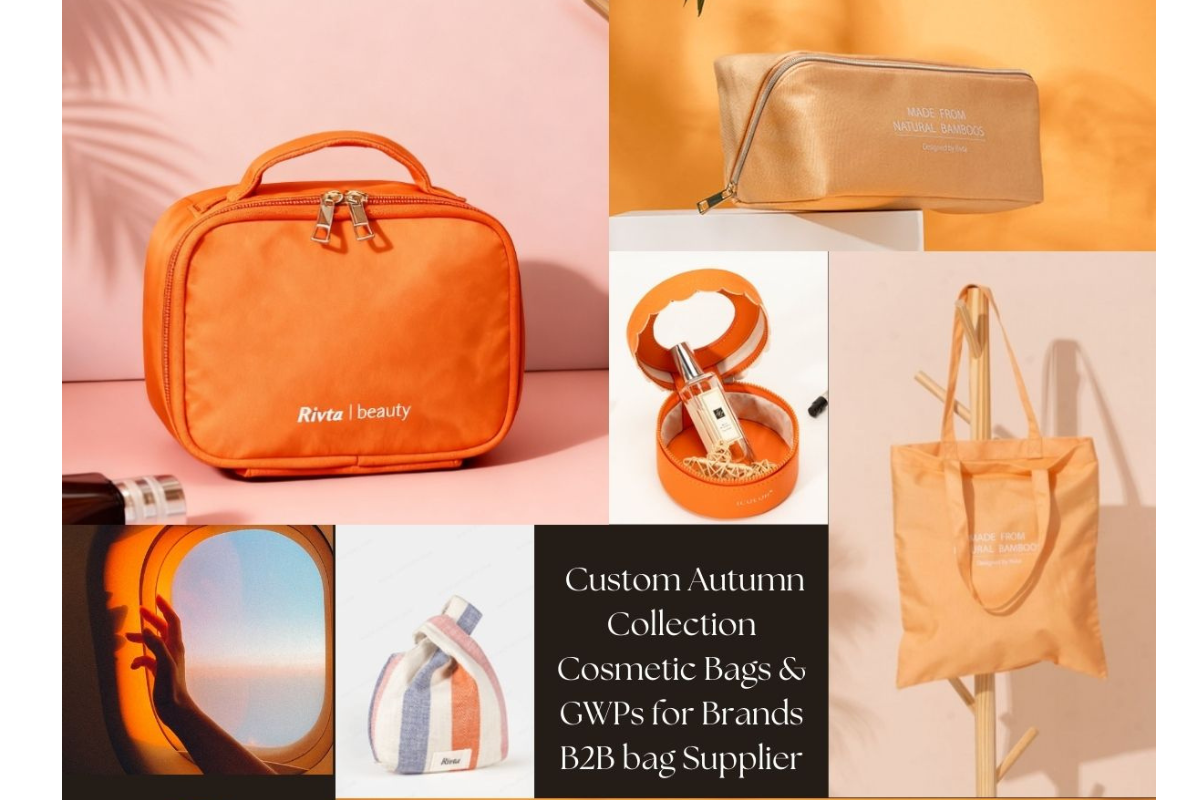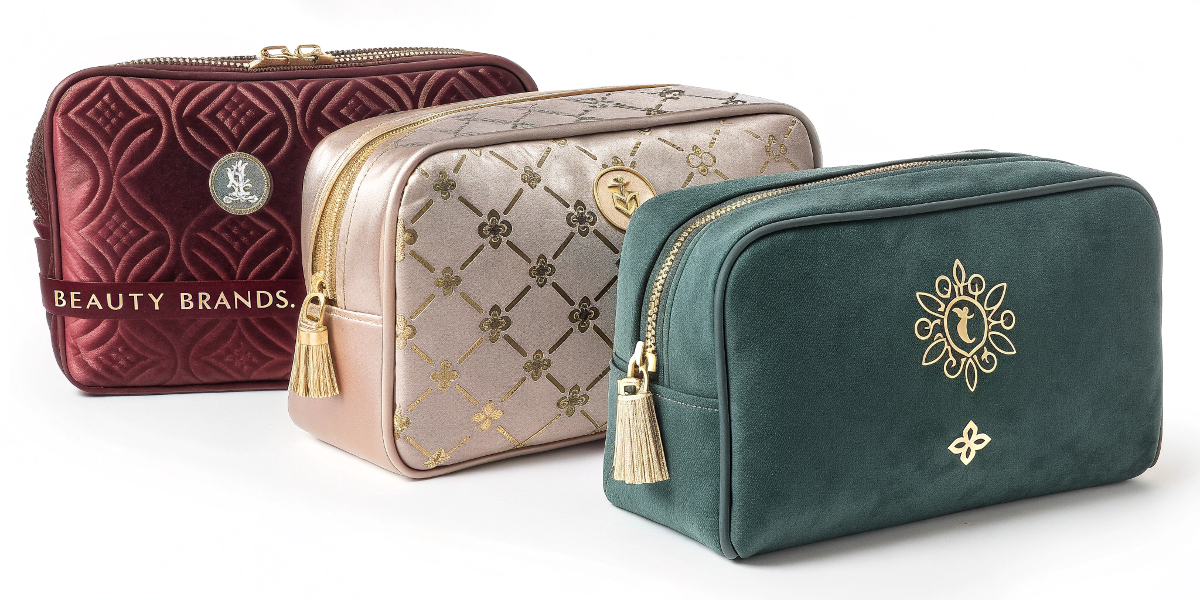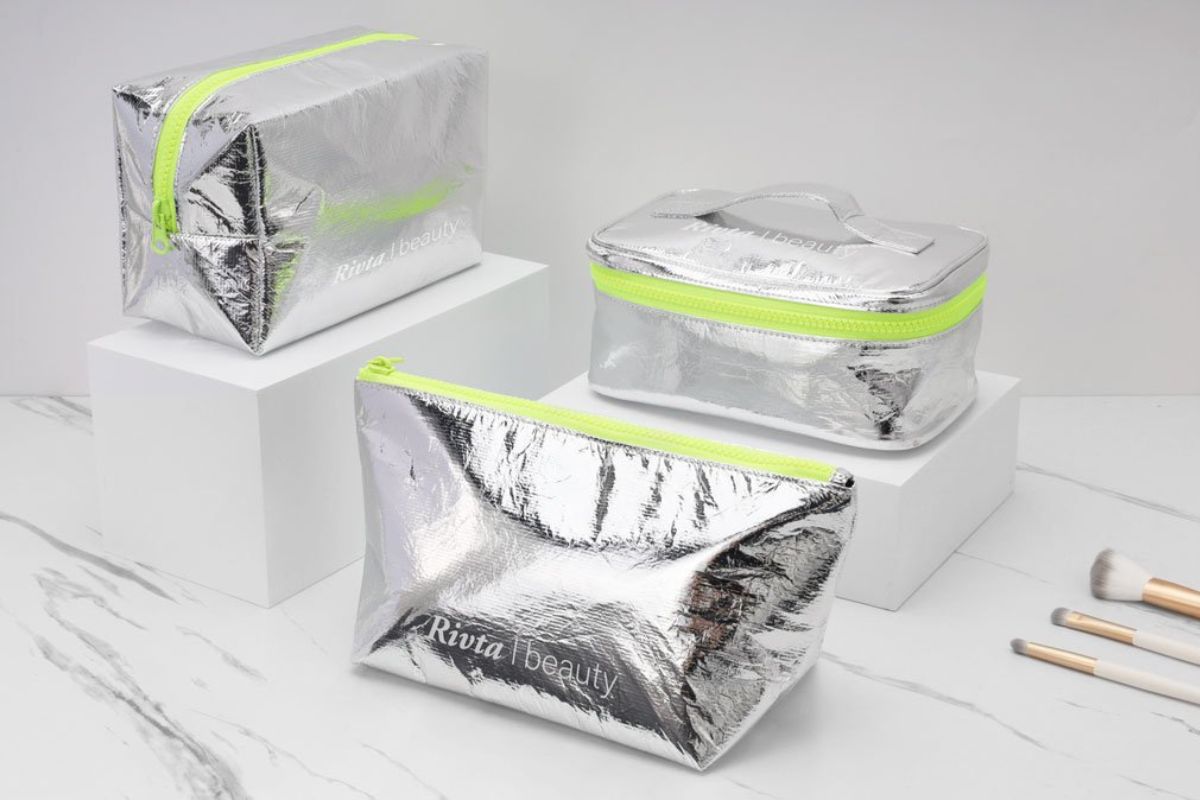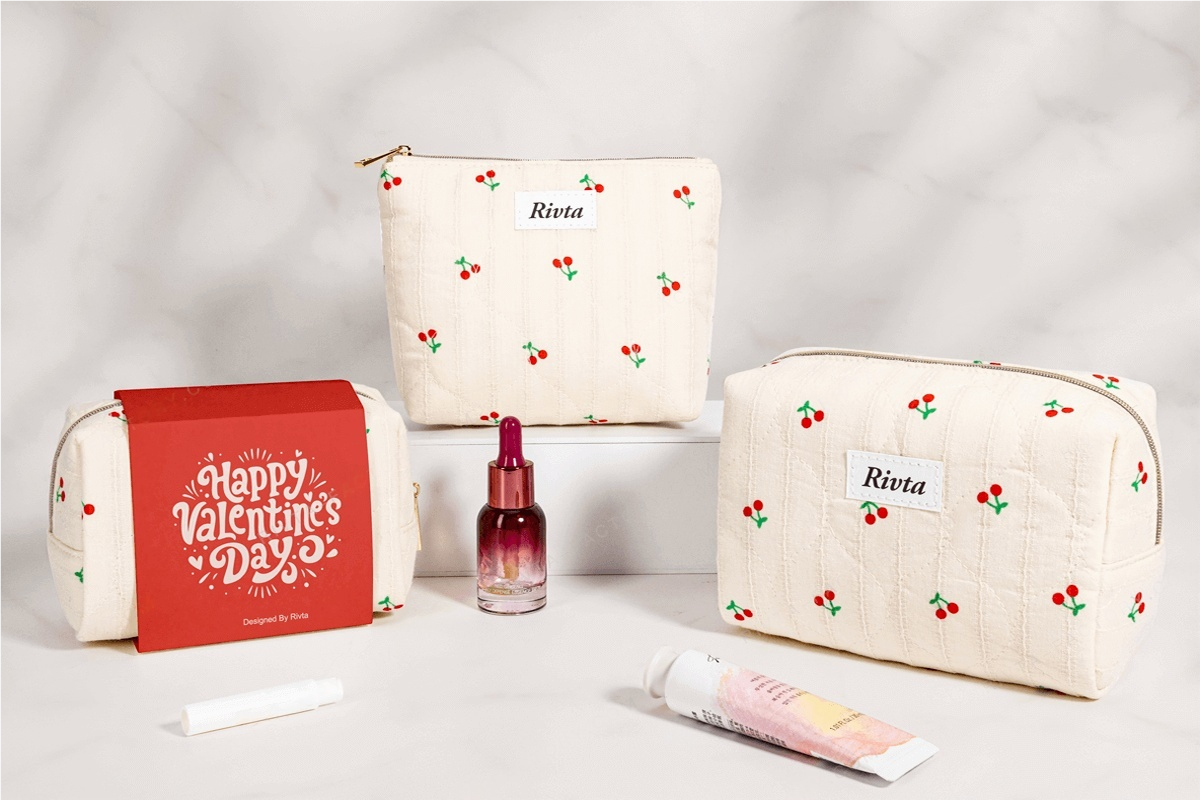5 Common Mistakes to Avoid When Choosing a Toiletry Bag Manufacturer
You're excited to launch your toiletry bag line. But you fear choosing the wrong manufacturer, getting stuck with bad inventory, and seeing your brand's reputation sink before it starts.
Avoid these mistakes by looking beyond price, demanding clear communication, verifying factory credentials, clarifying production details upfront, and choosing a true partner. These steps ensure you don’t just buy a product, but build a successful brand with a reliable manufacturer.
In my 15 years in product development, I've seen brands make sourcing mistakes that were completely avoidable. The allure of a low price or a quick promise can be strong, but these early shortcuts often lead to major problems down the line. I've learned that choosing a manufacturing partner is one of the most important decisions you'll make for your brand. It’s not just about finding a supplier; it’s about finding a team who shares your commitment to quality and values. At Rivta, we act as that trusted partner. This guide is built from my own experiences to help you sidestep the common pitfalls and build a secure, successful sourcing relationship from day one.
Beyond the Price Tag: How Can Ignoring Quality Assurance Damage Your Brand?
The lowest quote looks so tempting. But what happens if the zippers break and the seams tear, leading to angry customers and a flood of bad reviews?
Chasing the lowest price often means getting poor-quality materials and craftsmanship. This leads to product failures, customer complaints, and irreparable brand damage. A quality partner prioritizes transparent quality assurance (QA) over being the cheapest option.
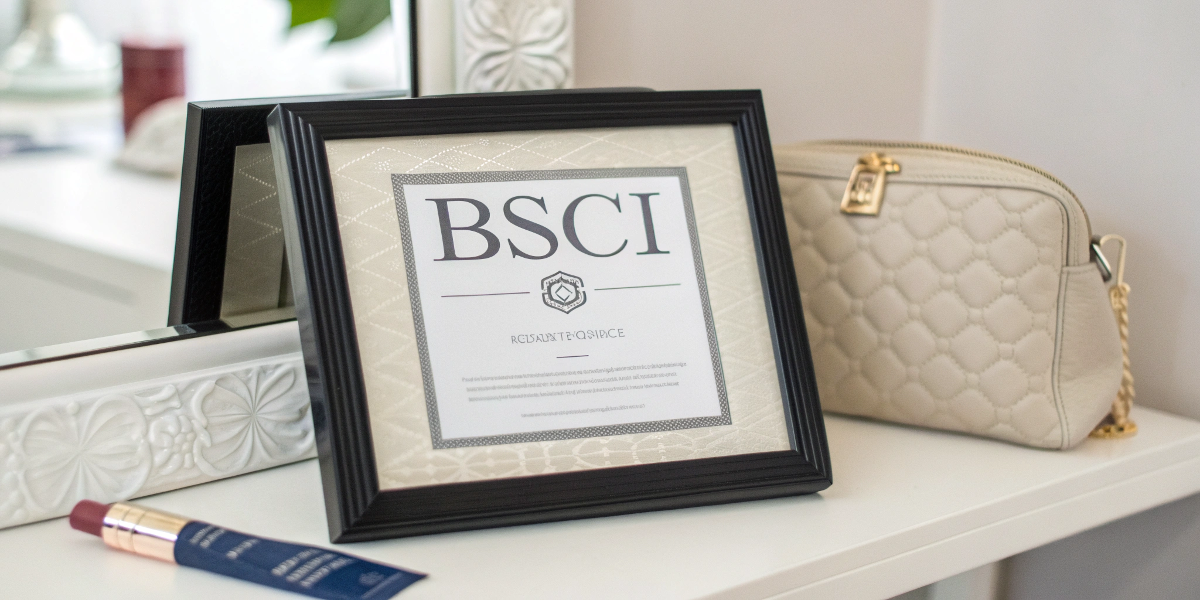
Early in my career, I saw a promising startup choose a factory based on one thing: the rock-bottom price. They were thrilled with the savings until the first customer reviews came in. The "water-resistant" lining leaked, and the zippers on their toiletry bags started breaking within a month. The brand’s reputation was ruined. It's a hard lesson, but a cheap bag that falls apart isn't a bargain; it's a liability. Quality is what the customer remembers. A good manufacturer should be proud to discuss their QA process. You should ask about their specific checkpoints, from inspecting raw materials to the final pre-shipment inspection. For a toiletry bag, this means checking zipper durability, seam strength, fabric quality, and the sturdiness of the hanging hook.
The Low Price Trap vs. A Value Partnership
| Low Price Trap (Focus on Cost) | Value Partnership (Focus on Quality) |
|---|---|
| Focuses on the initial quote. | Focuses on the long-term product value. |
| Risks poor materials and workmanship. | Guarantees quality materials and craftsmanship. |
| Leads to customer complaints and returns. | Builds customer loyalty and positive reviews. |
| Damages your brand's reputation. | Strengthens your brand's reputation for quality. |
The Communication Breakdown: How Can Vague Briefs and Slow Responses Spell Disaster?
You sent your ideas to a factory. Now, the replies are slow, the answers are unclear, and you have a sinking feeling they don't really understand your vision.
Poor communication leads directly to production mistakes. Vague briefs result in samples that miss the mark, and slow responses cause costly delays. Clear, consistent, and responsive communication is the foundation of a successful project.
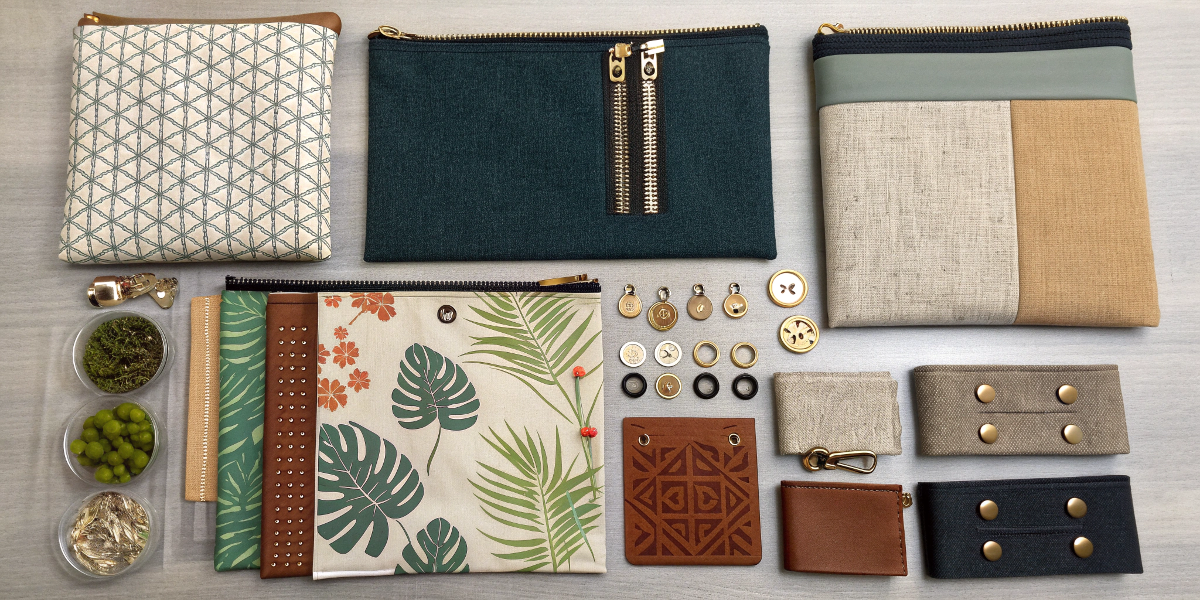
This is a mistake that can kill a great idea. I once worked on a project where we asked for a "soft, premium feel." The factory sent back a sample made of a thin, flimsy fabric because our description was too subjective. It wasn't their fault; it was ours. We learned that you must be specific and objective. The best tool for this is a "tech pack," which is a detailed blueprint for your product. It should include exact dimensions, material types (like "210D polyester lining"), Pantone color codes for fabrics and logos, and specifications for all hardware, like the type and size of the zipper. A great manufacturing partner will also provide you with a dedicated, English-speaking point of contact. This single person is your project manager, ensuring nothing gets lost in translation and your questions are answered quickly.
Hallmarks of Good vs. Bad Communication
| Good Communication | Bad Communication |
|---|---|
| Provides a dedicated, fluent contact person. | You speak to a different person every time. |
| Responds to emails within 24 hours. | Replies are slow, vague, or non-existent. |
| Asks clarifying questions about your design. | Makes assumptions without asking. |
| Provides proactive updates on your project. | You are always chasing them for information. |
Unverified Credentials: What Are the Risks of Skipping Factory Audits and Certification Checks?
Their website looks professional and they claim to be ethical. But how can you be sure their factory conditions are good and their "eco-friendly" materials are actually certified?
Skipping verification is a huge risk. You could unknowingly partner with a factory using unethical labor practices or be guilty of "greenwashing." Always ask for social compliance audits (like BSCI) and material certifications (like GRS) to protect your brand.
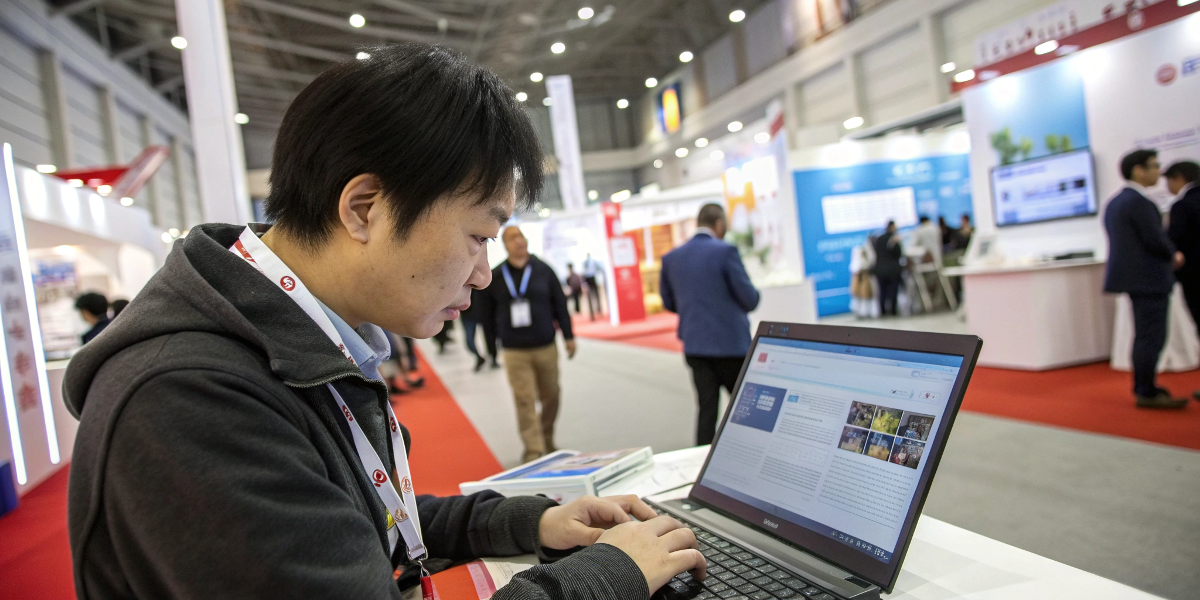
Protecting your brand’s integrity is non-negotiable. I once consulted for a brand that was about to launch a line of "recycled" bags. When I asked the factory for their GRS (Global Recycled Standard) certificate, they couldn't provide one. The material wasn't traceable or verified. We had to switch manufacturers immediately. Imagine if they had launched; a single savvy customer could have exposed their claim as false, leading to a PR nightmare. Any reputable factory will be transparent about their credentials. You should ask to see their social compliance audit reports, like BSCI or SEDEX, which prove they treat their workers fairly. If you are sourcing sustainable materials, ask for proof. For recycled polyester (RPET), demand a GRS certificate. For organic cotton, ask for the GOTS certificate. These documents are not just papers; they are your brand's insurance policy.
Key Credentials to Verify
- Social Compliance Audits (e.g., BSCI, SEDEX): Verify fair labor, health, and safety standards.
- Material Certifications (e.g., GRS, GOTS, FSC): Confirm recycled, organic, or sustainable origin.
- Quality Management System (e.g., ISO 9001): Ensures consistent quality processes in production.
From Problem to Partner: What's Your Checklist for a Secure Sourcing Journey with Rivta Factory?
You want to avoid these mistakes. You need a clear process and a reliable partner who can guide you from a simple idea to a successful product launch.
Turn potential problems into a secure partnership by using a checklist. Vet your partner on quality, communication, credentials, and transparency. A great partner like Rivta welcomes this scrutiny and collaborates with you, making the entire journey seamless.
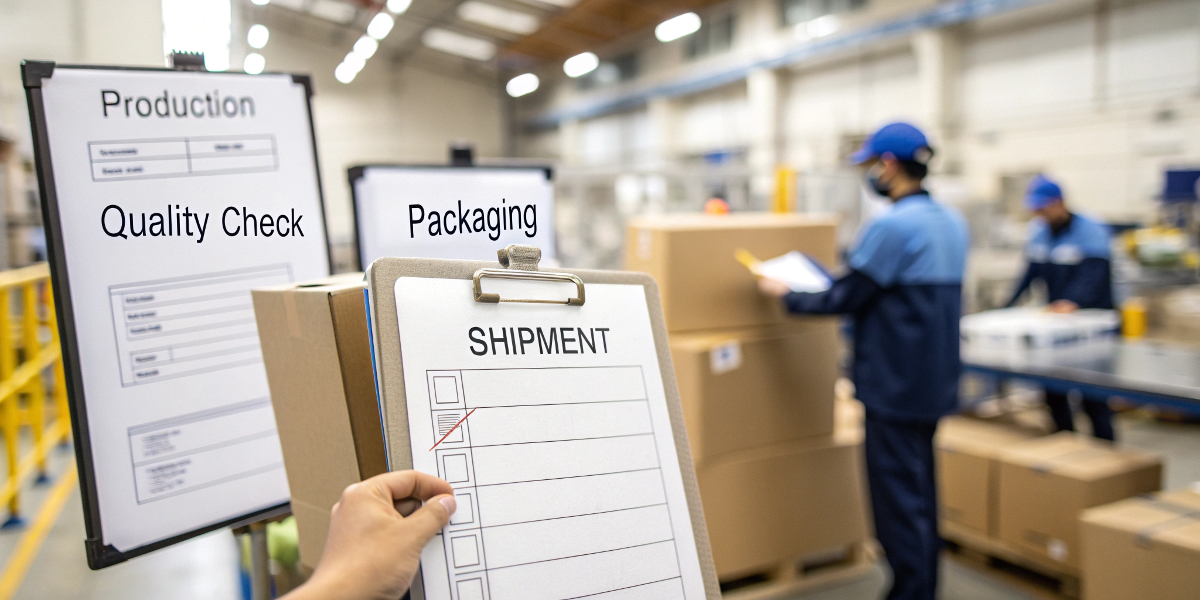
At Rivta, our mission is to be your trusted partner, not just another supplier. We've built our business over 30 years by turning this process into a transparent and collaborative journey. My role as your product development guide is to help you navigate every step. We don't just wait for your instructions; we actively work with you. We start by showing you our full social compliance audits and material certificates so you have total confidence from day one. We provide a dedicated, expert contact person to ensure communication is always clear and fast. We have a robust, multi-step quality assurance process that we are happy to walk you through. We believe that an informed client is an empowered client. Our goal is to make the manufacturing process straightforward and predictable, so you can focus on what you do best: building your amazing brand.
Your Secure Sourcing Checklist with Rivta
- Ask About Our QA Process: We'll explain our inspection points from raw materials to final packaging.
- Request Our Credentials: We'll proudly share our BSCI audit and GRS/GOTS certifications.
- Meet Your Project Manager: You'll be introduced to your dedicated English-speaking expert.
- Discuss Your Vision: We provide feedback to turn your idea into a functional, high-quality tech pack.
- Get a Transparent Quote: Clear, itemized quotes with costs and timelines for samples and mass production.
Conclusion
Avoiding these common mistakes is simple when you know what to look for. Choose a partner who values quality, communication, and transparency as much as you do for a successful launch.
